From horses to " Ford»: how the Wild West was "domesticated"
Categories: History | North America
By Pictolic https://mail.pictolic.com/article/from-horses-to-ford-how-the-wild-west-was-domesticated.htmlBy the beginning of the XX century, the Wild West as a cultural phenomenon ceased to exist. The river from the caravans of immigrants became shallow, the land was mostly divided among farmers, poor Indians were driven to reservations, dashing gangs went underground. However, the way of life of people has not changed much. Except that life has become calmer.
In the remarkable images of the famous American photographer Russell Lee, taken in the 1930s and 1940s, the attributes of the new century begin to break through the thickness of the tightly rooted past, but remain in the shadows for now.
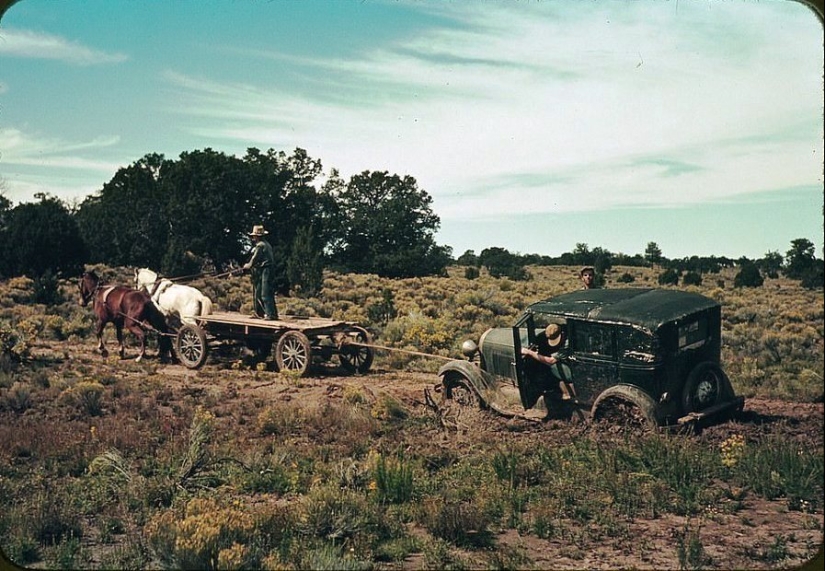
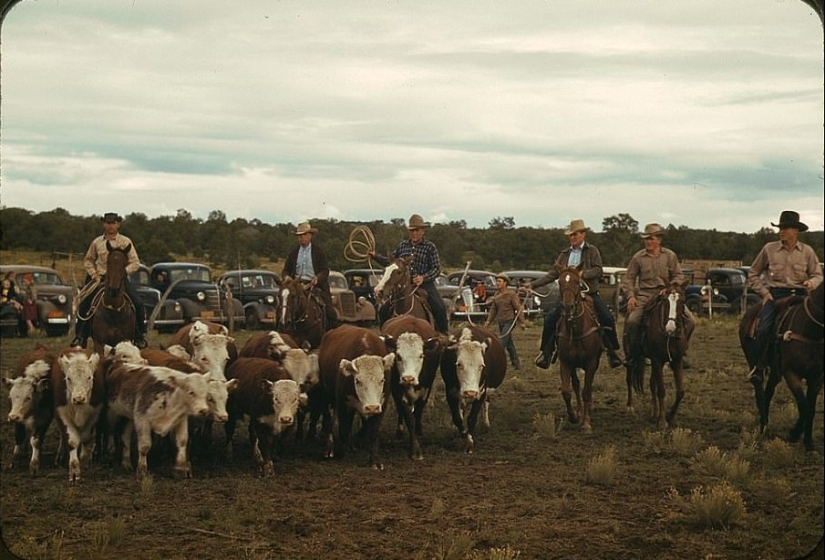
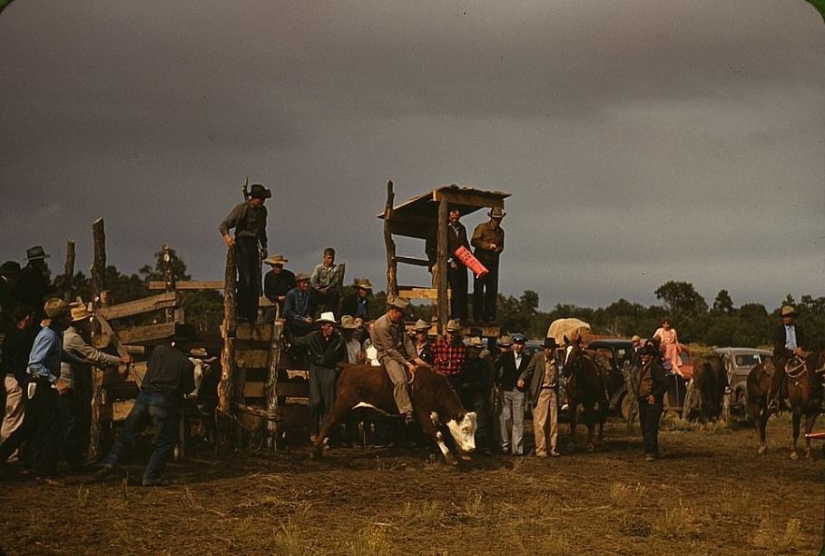
The favorite pastime of American farmers is the rodeo.
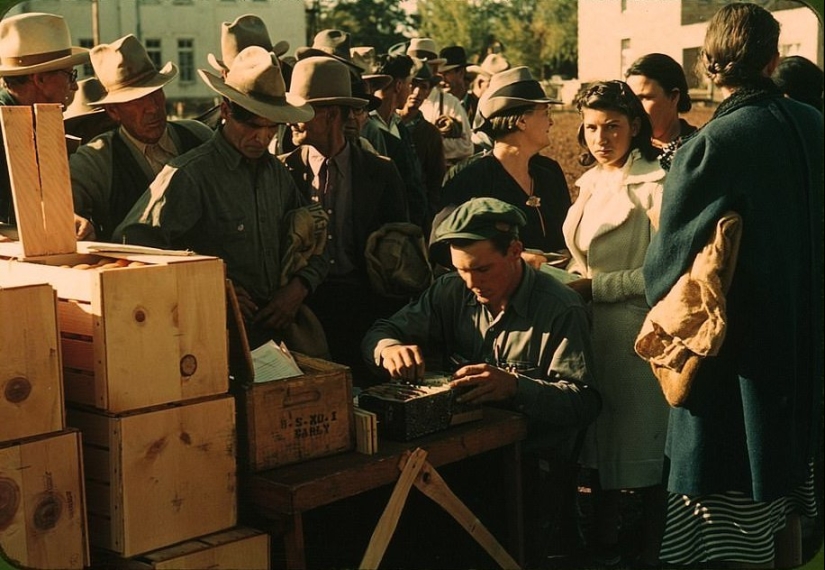
The crowd gathers around the man who distributes the surplus goods. The city of St. John's, Arizona.
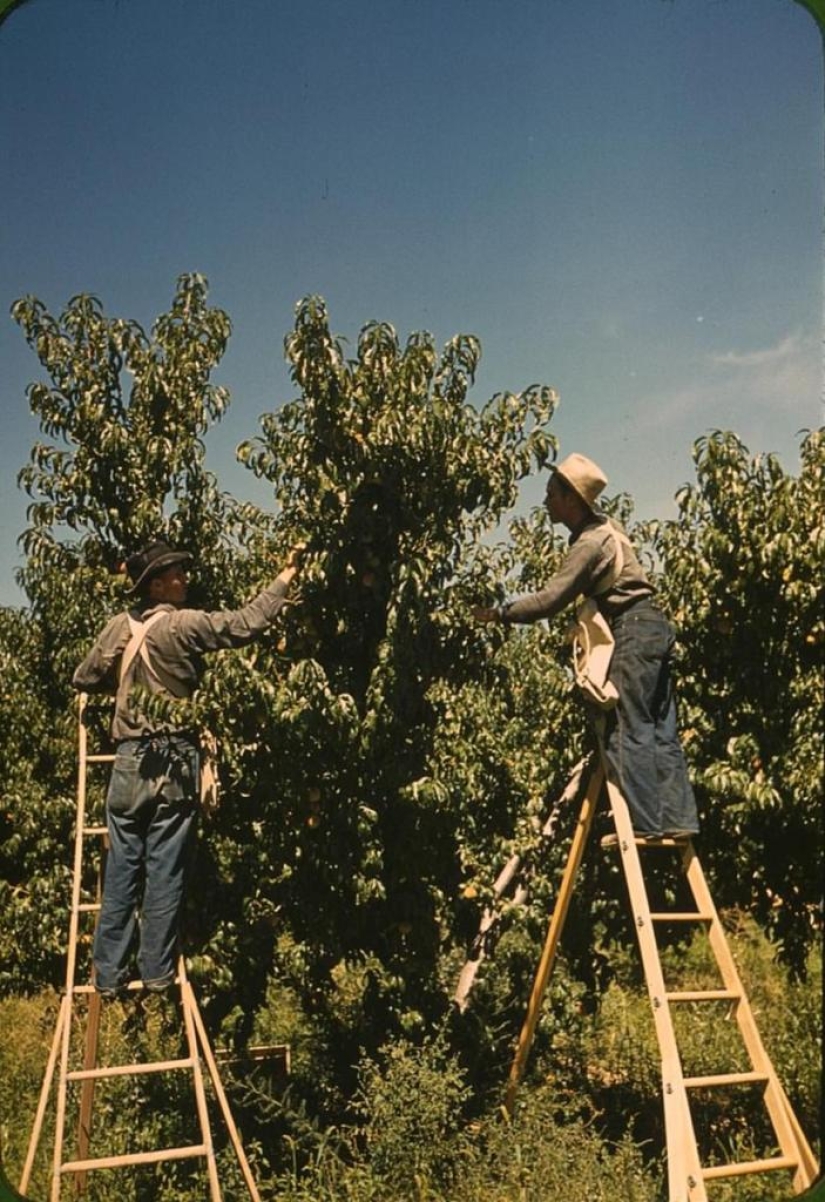
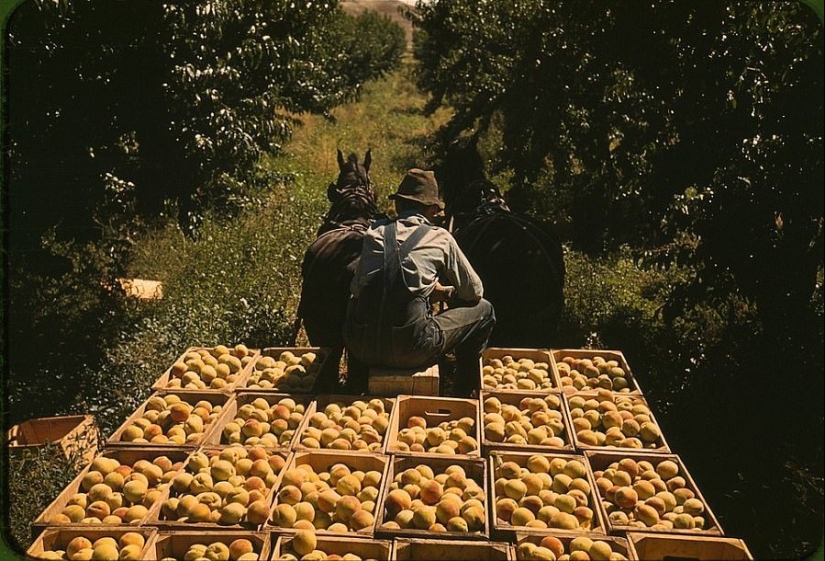
The harvest collected from your own plantation. In 1877, Congress passed a law that allowed settlers to buy up to 640 acres of public land for 25 cents an acre.
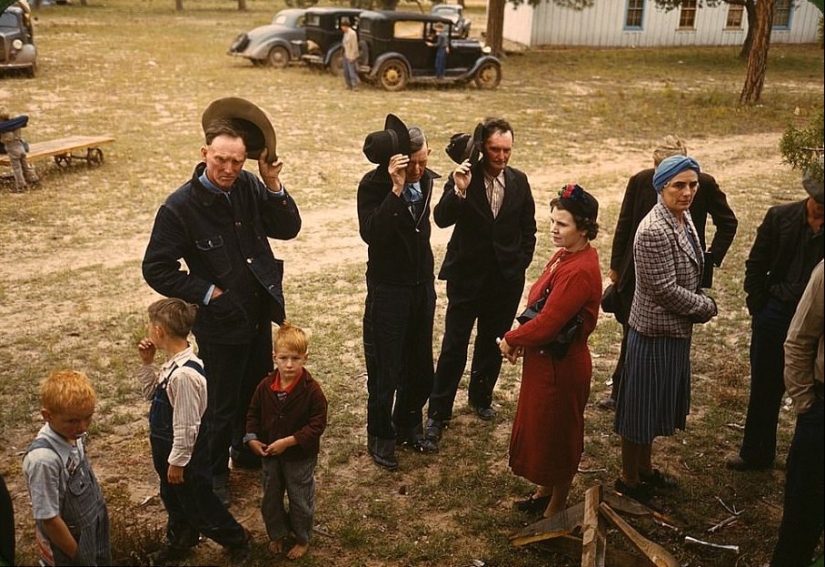

Construction of a dam in California.
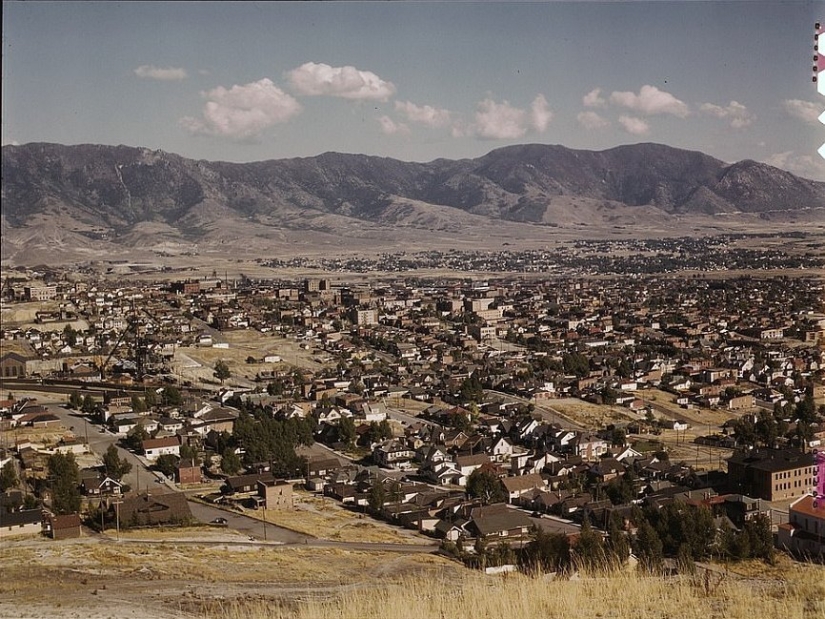
The city of Butte, Montana.
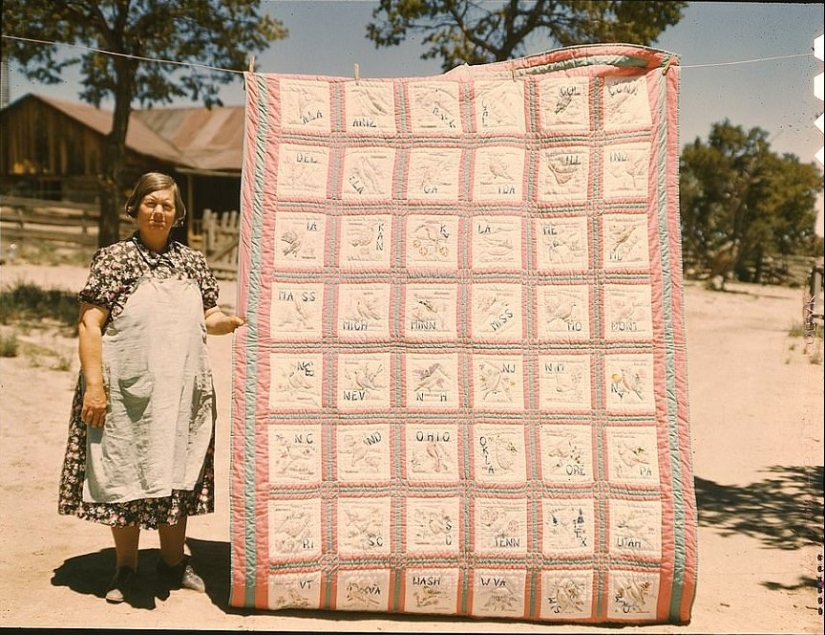
The woman shows a blanket on which all the birds — symbols of the states-are woven.
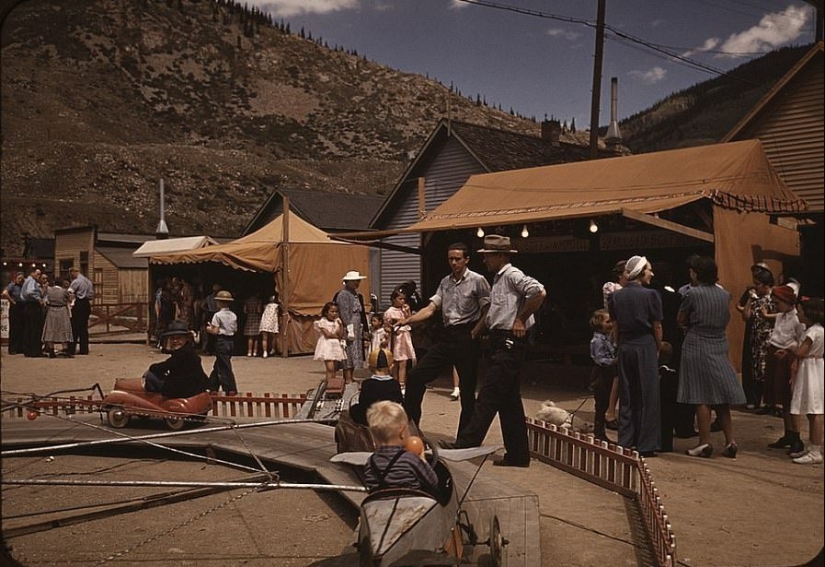
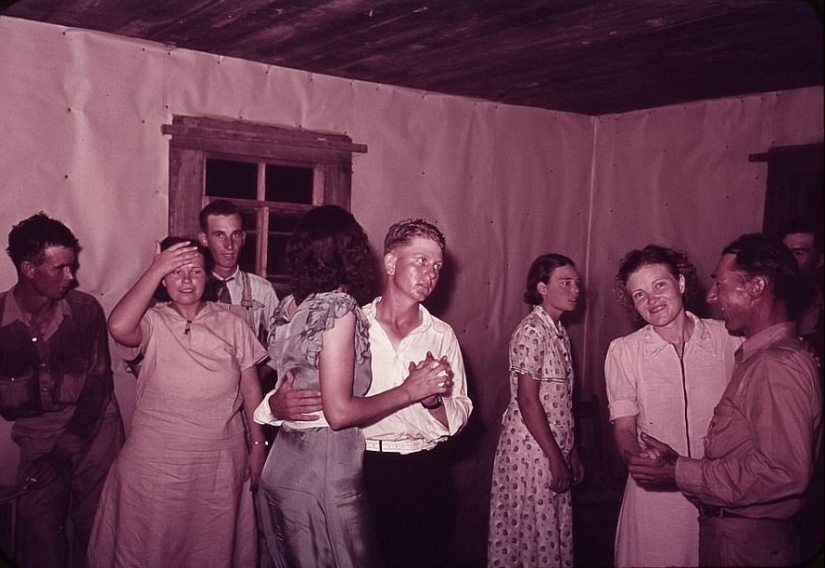
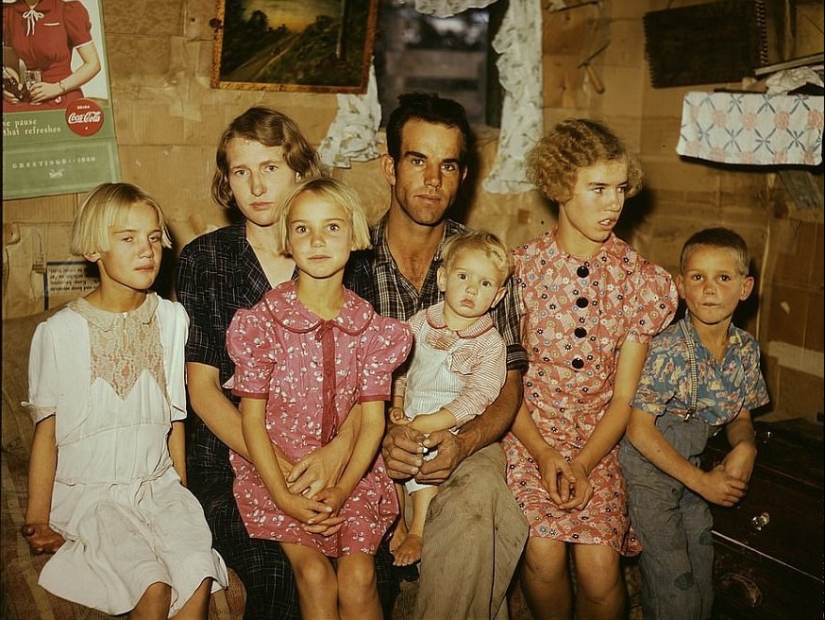
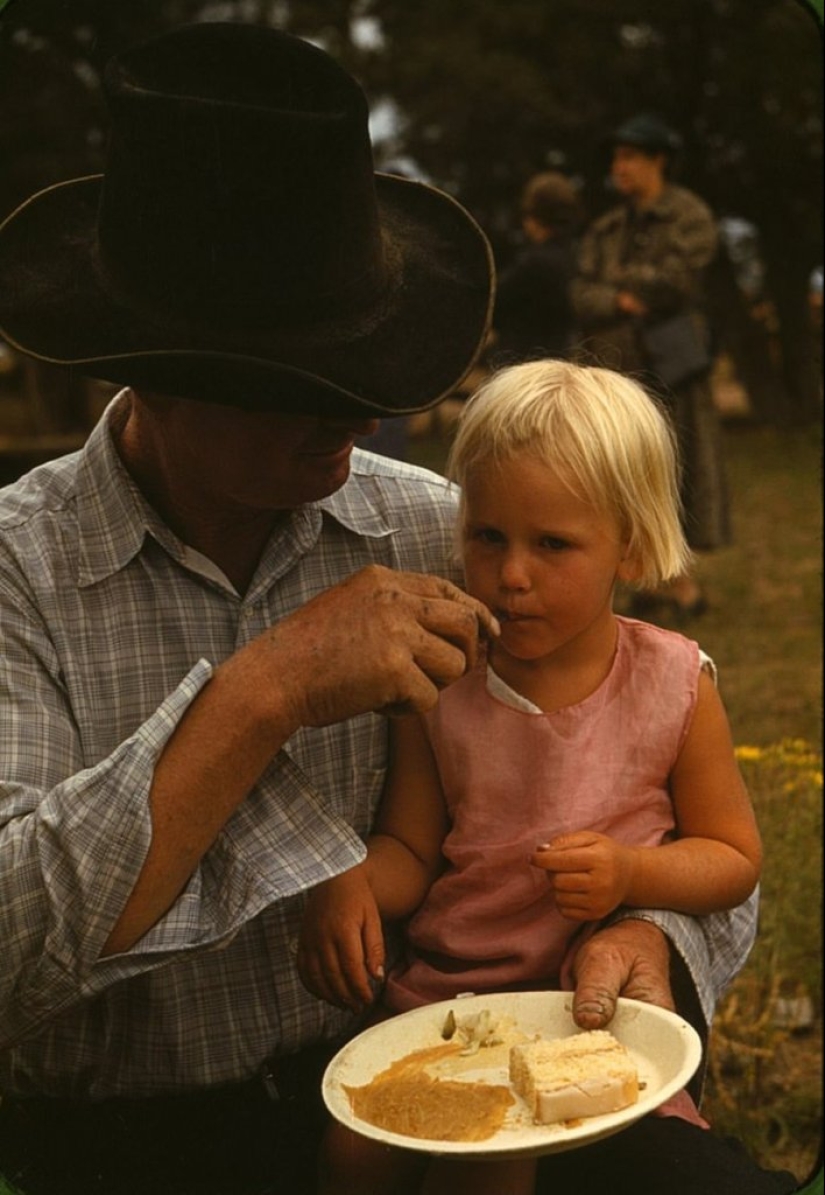
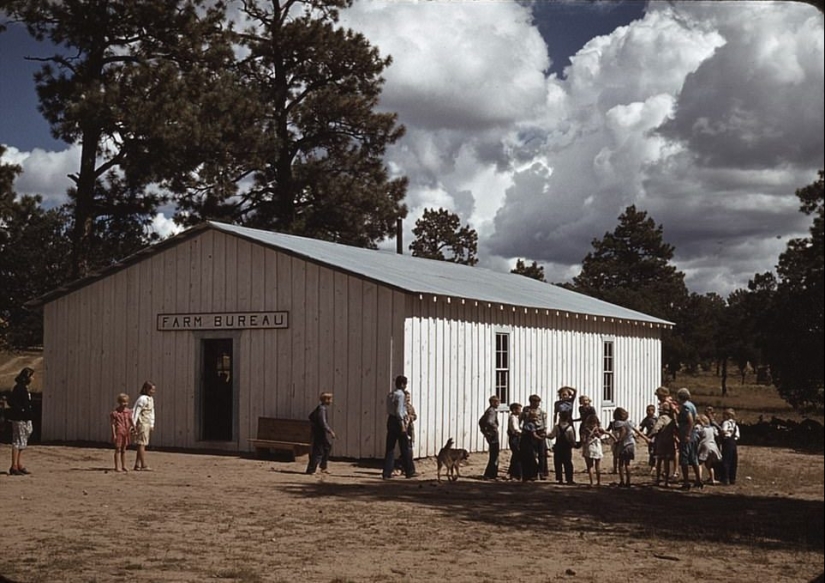
A school in Pee Town, New Mexico, organized in the former farm board building.
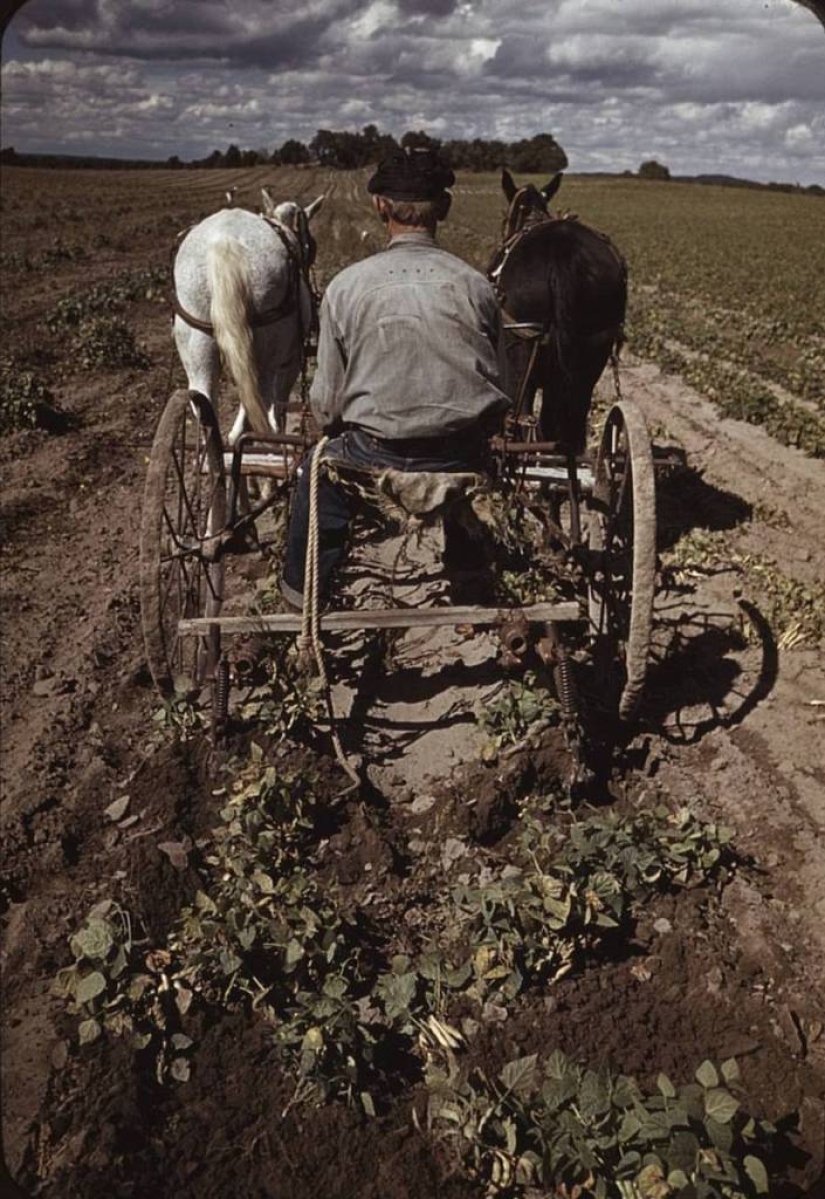
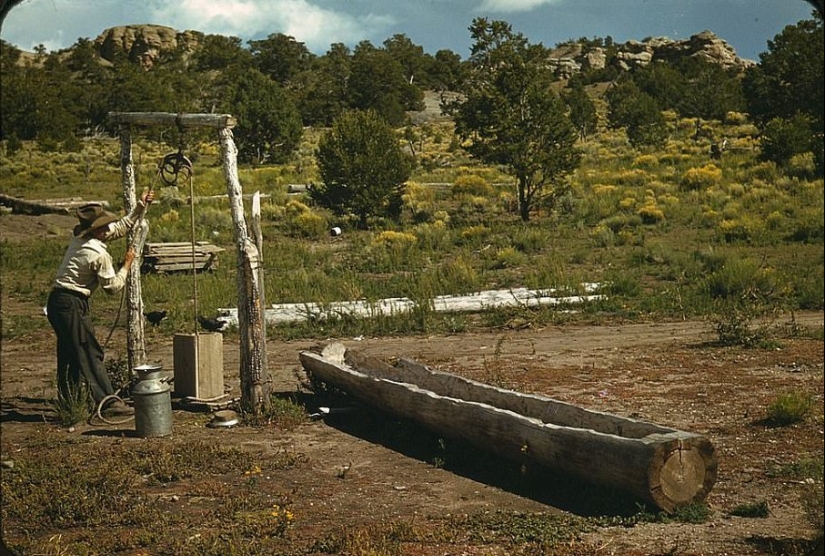
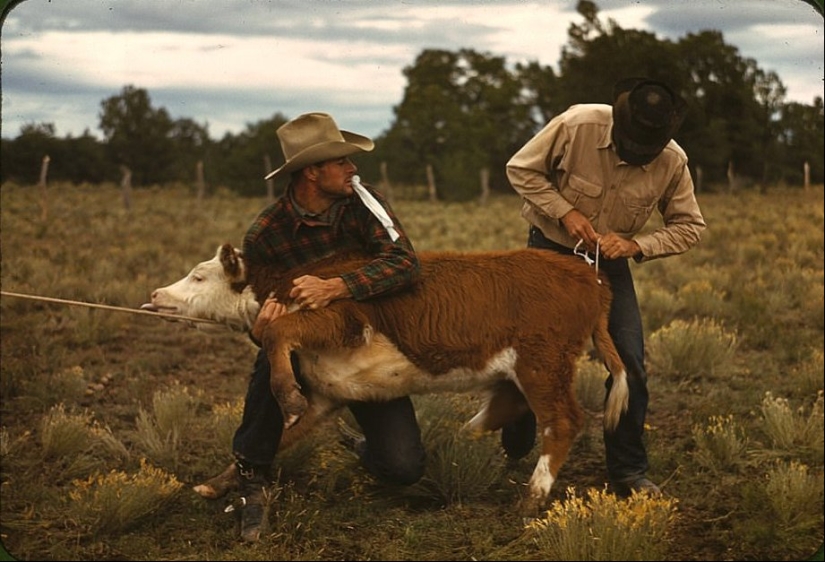
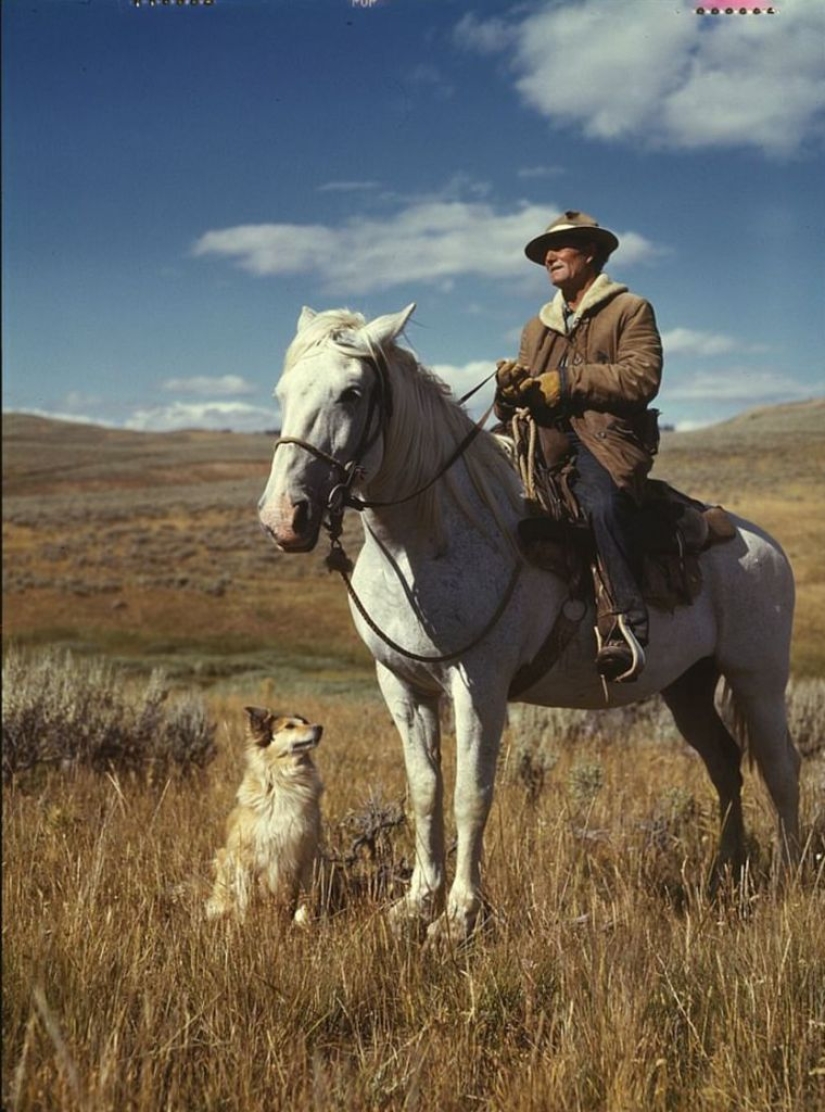
Keywords: USA | North America | History | Agriculture | Cowboys | Wild West | Migration | XX century
Post News ArticleRecent articles

It's high time to admit that this whole hipster idea has gone too far. The concept has become so popular that even restaurants have ...

There is a perception that people only use 10% of their brain potential. But the heroes of our review, apparently, found a way to ...
Related articles

This project full of sexual desire and diverse energy dynamics. Look at women through the eyes of a woman, talented photographer ...

In the fall of 1972, Bill Yates traveled through the countryside in the vicinity of Tampa, Florida. At that time, he was studying ...

When a person is in a life-threatening situation is awful, but even worse when it happens to a child. 11-year-old American Terry ...

New Year's is a time to surprise and delight loved ones not only with gifts but also with a unique presentation of the holiday ...